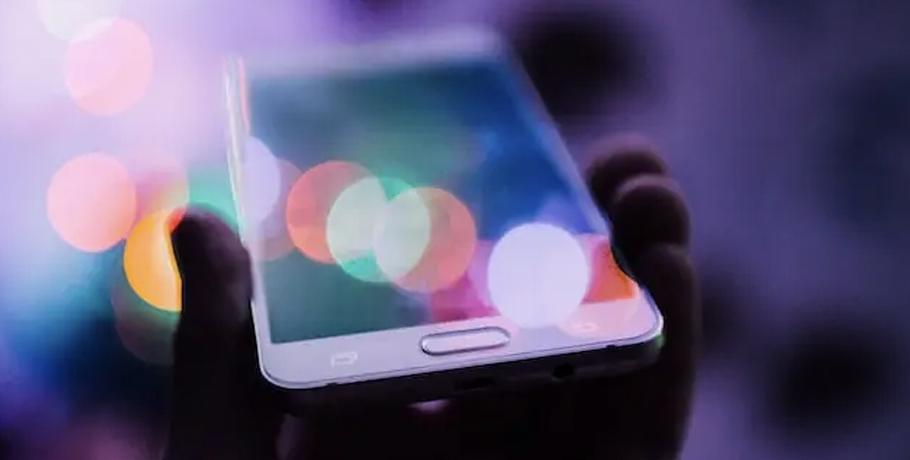
Blue light is a type of light that is emitted from electronic devices such as phones, tablets, and computer screens. While it is necessary for our bodies to receive some exposure to blue light to regulate our circadian rhythms and mood, too much exposure can be harmful. Here are the surprising ways that blue light can impact your health.
Firstly, blue light can disrupt your sleep patterns. Our bodies rely on a healthy sleep-wake cycle to regulate our energy levels, mood, and overall health. However, exposure to blue light at night can suppress the production of melatonin, a hormone that helps regulate sleep. This can make it harder to fall asleep and stay asleep, leading to sleep deprivation and its associated health problems.
Secondly, blue light can damage your eyes. Prolonged exposure to blue light can cause digital eye strain, a condition characterized by sore, dry eyes, blurred vision, and headaches. Furthermore, blue light has been shown to contribute to the development of age-related macular degeneration, a leading cause of blindness in older adults.
Thirdly, blue light can negatively affect your mood. Studies have shown that exposure to blue light can suppress the production of serotonin, a neurotransmitter that plays a vital role in regulating mood, appetite, and sleep. This can lead to feelings of anxiety, and other mood disorders.
Fourthly, blue light can contribute to skin damage and premature aging. Exposure to blue light can cause oxidative stress in the skin, leading to the production of free radicals that damage skin cells and collagen fibers. This can result in premature aging, wrinkles, and skin damage.
Lastly, blue light can disrupt your circadian rhythms. Our bodies rely on a healthy sleep-wake cycle to regulate our energy levels, mood, and overall health. However, exposure to blue light at night can suppress the production of melatonin, a hormone that helps regulate sleep. This can make it harder to fall asleep and stay asleep, leading to sleep deprivation and its associated health problems.
In conclusion, blue light is a necessary part of our daily lives, but too much exposure can be harmful. By taking steps to reduce our exposure to blue light, such as limiting screen time, wearing blue-light-blocking glasses, and using dimmer lights at night, we can protect our health and well-being.
